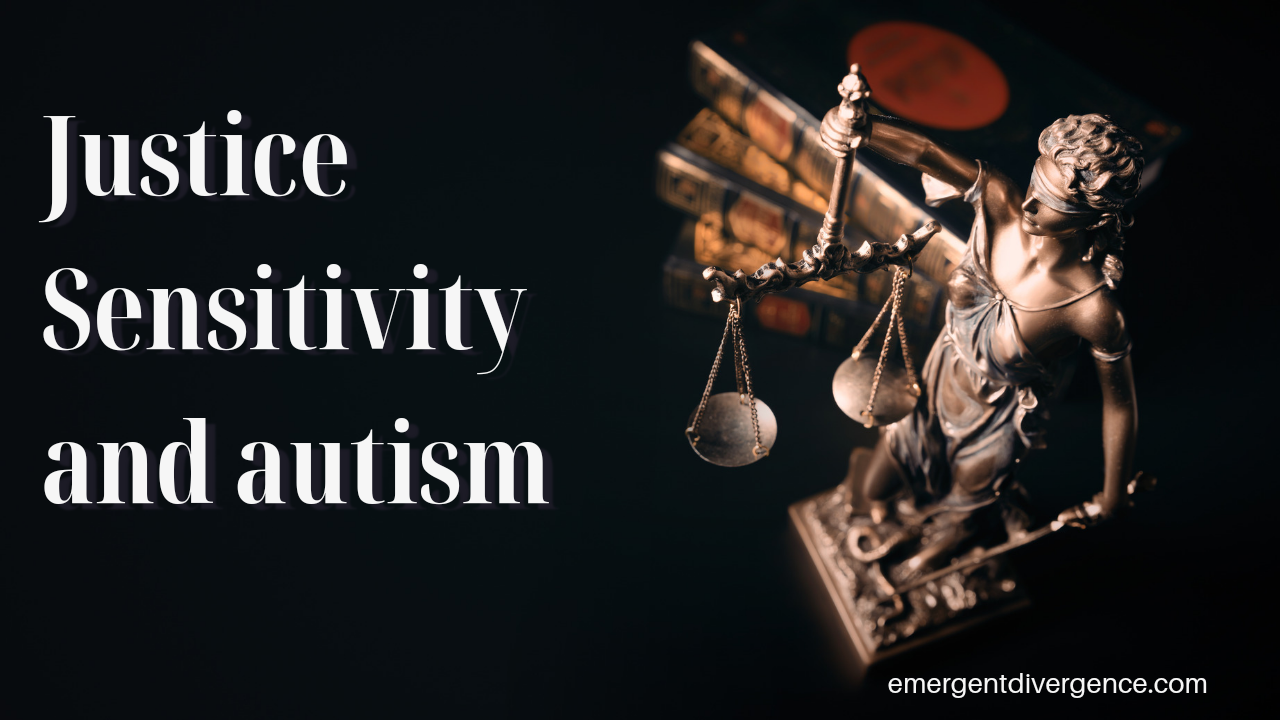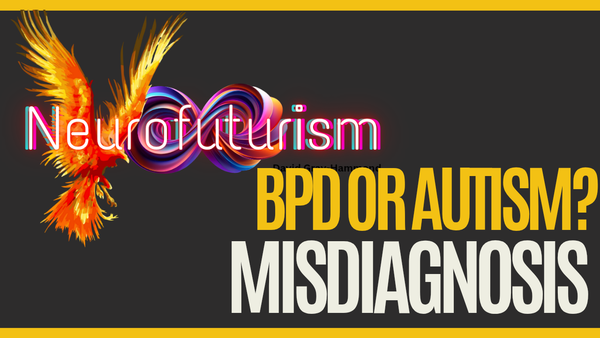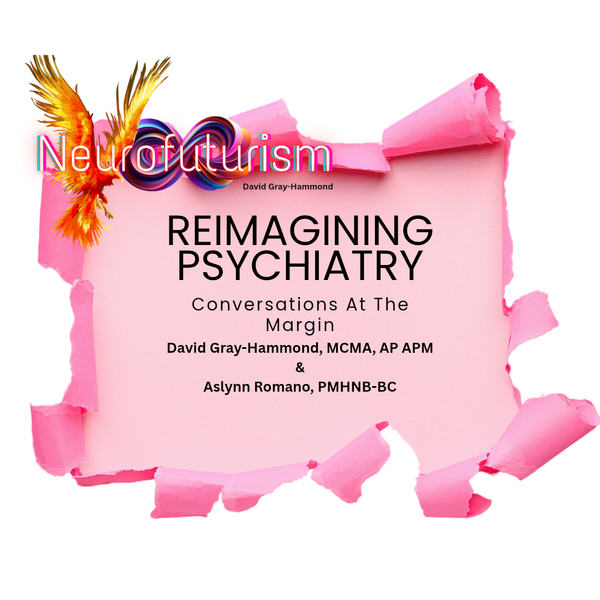Justice Sensitivity And Autism: What Is It?

Justice sensitivity. While broadly known of in the Autistic community, there is little discussed about it. When it comes to autism, this phenomenon is extremely relevant given our experience of the world. The issue is that the meaning of the phrase can be easily misunderstood thanks to the framing of the words. It is necessary to define this concept, and recognise the very real effect of justice sensitive dysphoria (JSD) on neurodivergent people living in an unjust world.
What is Justice Sensitivity?
Whether it’s triggered by societal injustice or small inequities, justice sensitivity causes you to perceive unfairness and wrongdoing in the world more frequently — and to feel it more acutely — than do neurotypical peers."
ADDitude Magazine
Justice sensitivity can be understood as an increased awareness and emotional response to unjust actions and systems. For Autistic people, this is highly relevant. Anecdotally, many in neurodivergent communities report this increased sensitivity to injustice. Autistic people are also more likely to experience injustice in their lives; I have explored this in the Creating Autistic Suffering series.
Perhaps one of the most obvious drivers behind this justice sensitivity is what has been explored in our community as hyper-empathy. Many of us report feeling overwhelming empathy rather than the stereotypical absence of empathy that has been used to describe Autistic people. This means that we are not just acutely aware of injustice in our own lives, we are also aware of the suffering that others experience. In this sense, justice sensitivity has become a necessary facet of our marginalised status.
What Is Justice Sensitive Dysphoria?
Much in the same way that perceived rejection can trigger overwhelming and negative feelings, injustice can do the same. For Autistic people who live in an unjust world while remaining hypersensitive to it, it stands to reason that this can have a similar impact. Justice Sensitive Dysphoria can be understood as the feeling of hopelessness and anger that Autistic people experience as a result of this injustice.
An issue that plagues this phenomenon is the normative attitudes that any kind of emotional sensitivity is a weakness. The world demands resilience. We are measured more often by our ability to take the hit and keep going rather than encouraged to stop the world from throwing punches. This in itself is an injustice. It should also be noted that being targeted for justice sensitivity can trigger other responses such as rejection sensitivity.
Justice Sensitivity As A Tool For Change
Justice sensitivity and its associated dysphoria do not necessarily have to be viewed as an entirely negative thing. When considering the root of the neurodiversity movement as a civil rights movement, awareness of injustice and dysphoria can position us to take action where others won't.
Dysphoria can be utilised as a motivator. We feel bad, so we do something about it. Sensitivity to injustice shows us what is unfair, dysphoria motivates us to change it. Broadly speaking, Justice Sensitive Dysphoria can be shaped and sharpened so as to wield it as a weapon. We do not have to simply accept injustice. That is a strength that many Autistic people have. We won't tolerate injustice. We are people of action rather than indifference and complicity.
Coping with JSD
While Justice Sensitive Dysphoria can be a powerful driver of transformative action, it can also be an overwhelming and lonely experience. For many Autistic people, our inability to tolerate injustice makes us targets of ridicule and injustice itself. A fast way to silence dissenting voices is to shame them. JSD can also push us to take on fights that we simply don't have the spoons for. With these things in mind, here are some suggestions on how to manage justice sensitivity:
- Pick your battles-
- The temptation can be to take on every fight that we come across. We can feel like we are being unjust by not fighting every battle placed in front of us. By oversubscribing ourselves, we do injustice to the people we fight for and ourselves. It is better to fight the battles we have the skills for than to expend our energy on battles we can do little about.
- Do not internalise negative opinions-
- Being sensitive to injustice places a target on us. People will attempt to shame us into silence, make us feel as though our contributions are wrong or inappropriate, or attack who we are as a person. It is important to know that when a person attempts to silence those fighting against injustice, it speaks more of their character than of ours.
- Don't join the chaos-
- This one is important. When we are fighting on behalf of others, the temptation can be to react and respond to everything they tell us. Not everything needs a response. It is also important to note that people experiencing injustice may feel a desperation that impedes their ability to be effective. It is important to be the calm so that the battle can be won. To get tucked into another person's spiral is mutually assured destruction.
Justice Sensitivity is an Under-Represented Facet of Autistic experience
Despite being widely reported by Autistic individuals and having potential impact on vast areas of an Autistic person's life, JSD remains absent from wider academic discourse. Justice sensitivity could play a role in much of the interpersonal issues and even criminality that is seen in Autistic populations. Unfortunately, while the world of academia avoids the discussion, we can not be sure of how prevalent these kinds of issues are or how they are fully impacting on our lives.
JSD presents yet another area that is not well discussed, and it isn't lost on me that this could be because it doesn't fit the false societal narrative of Autistic people as emotionless and unempathetic pseudohumans. It is important that we continue to challenge mainstream perceptions of Autistic people in order to justify the inclusion of phenomenon like JSD in academic research and policy design and implementation.


